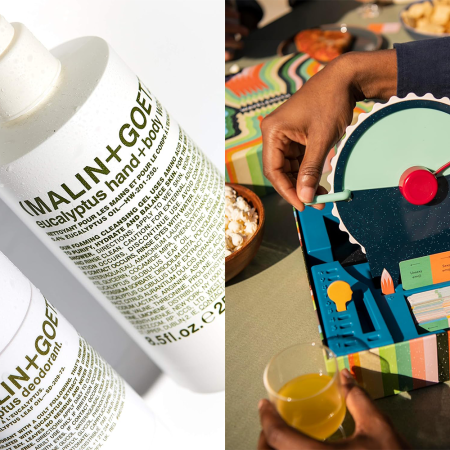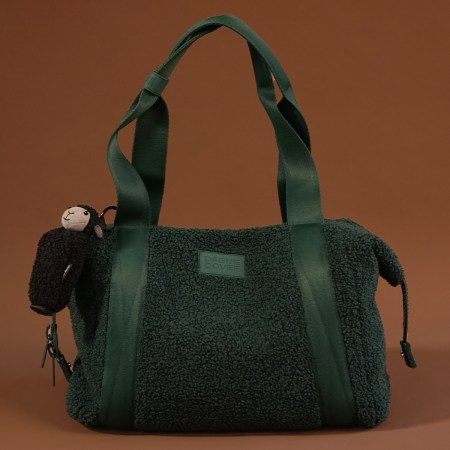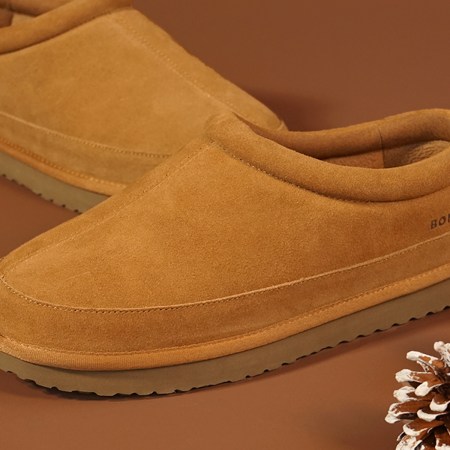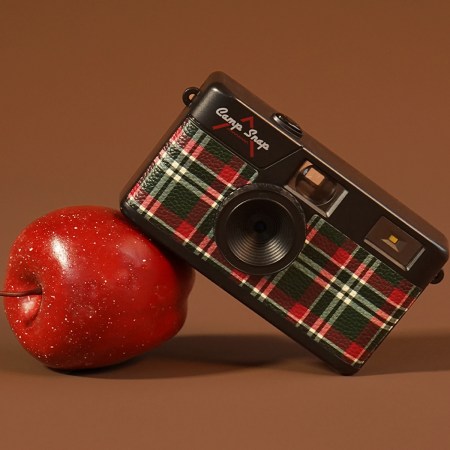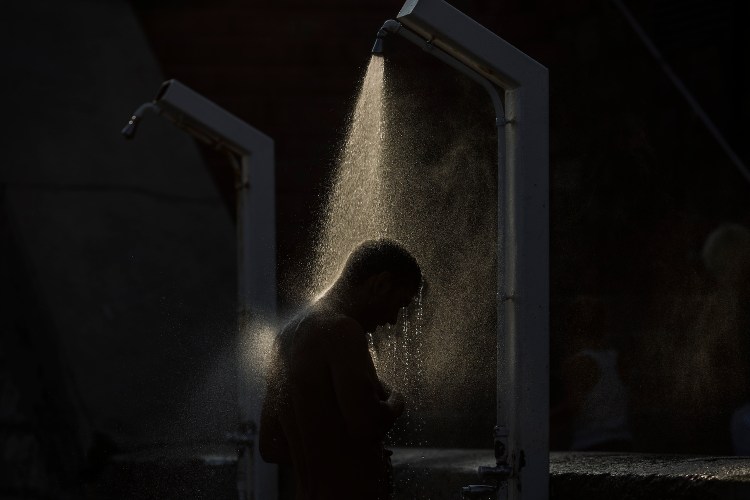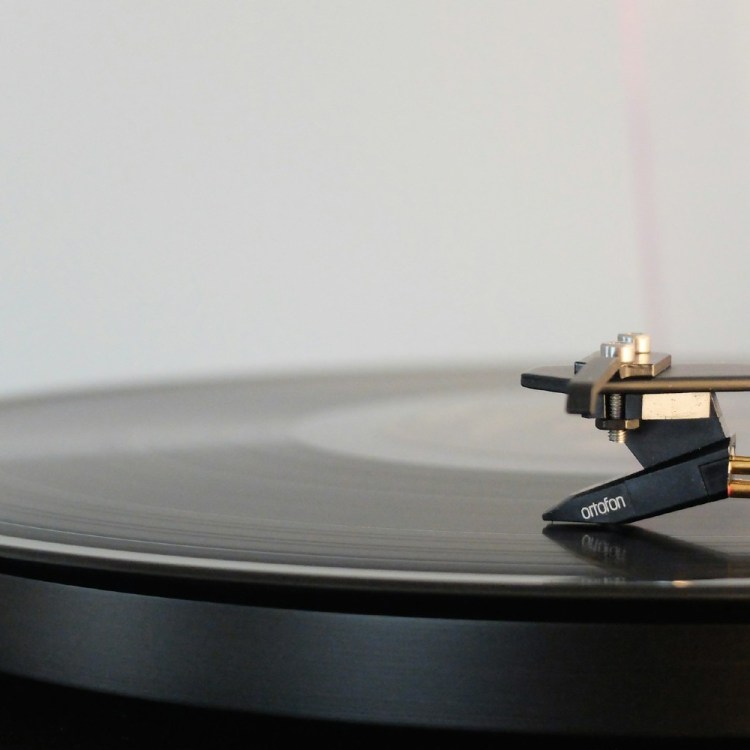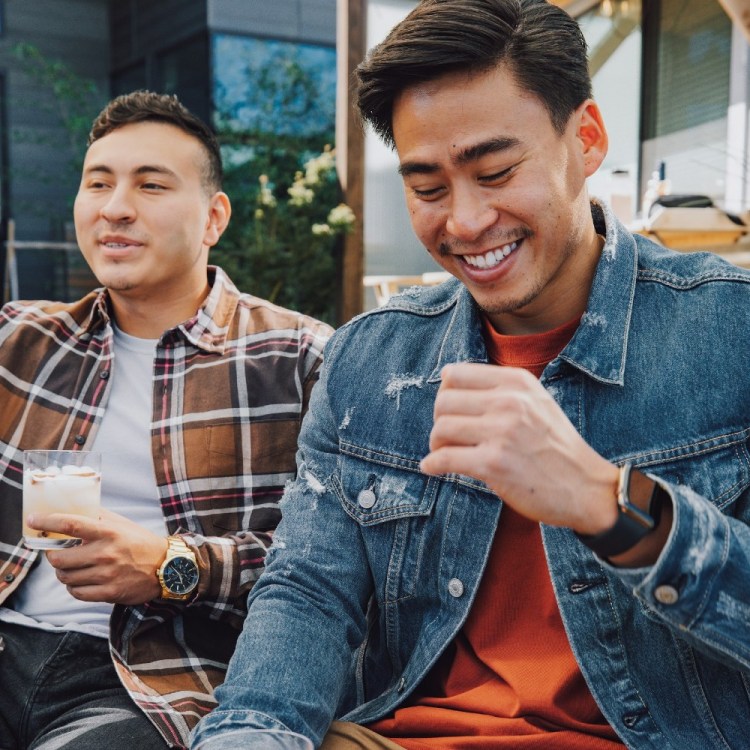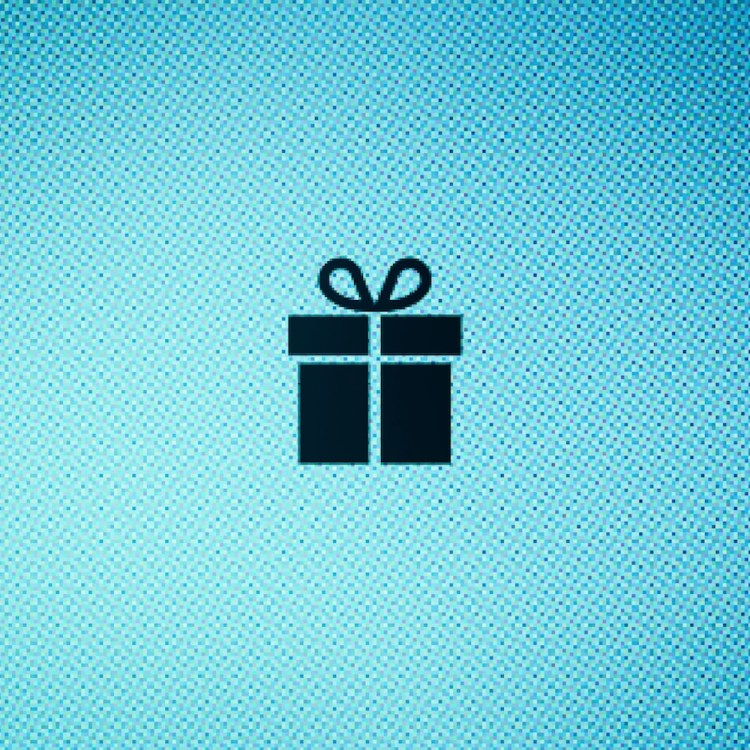In a recent Saturday Night Live monologue, Louis C.K. said that he bought a white-noise machine, aka “a machine that helps white people sleep.” I’m white, and — guilty as charged — I use a Dohm, a white-noise machine developed by sleep scientists. It’s but one product at the fore of the better-sleep revolution currently sweeping through the startup world; for proof, look no further than the slew of products filed under the “sleep tech” category at last week’s Consumer Electronics Show.
As with many of our cherished products, this is an attempt to provide solutions to our everyday problems, and sleep deprivation is a major one. Of all the devices at CES, two categories emerged: products that track your sleep, and products that ensure a good night’s rest.
The former originally included things like smartwatches and Fitbits that seamlessly track your sleep by registering your movements; those have now been joined by newer tracking gizmos like Beddit and 2Breathe that also monitor your breath and pulse. The issue? To use them, they need to be paired with your phone, which in turns means you have to keep your phone by the bed. This is bad. Especially for sleep. Because even if you slide it into Do Not Disturb mode, there is no divorcing yourself from it. Your body anticipates activity, like those phantom vibrations that make you think you’re receiving messages even when you’re not.
Then there’s the second class of sleep prodcuts: aides like The Nightingale, a noise disrupter that plugs discreetly into a socket and makes every bump in the night sound like a bird chirping. There are also smart mattresses that adjust while you’re sleeping, mattress pads that keep your body at the perfect temperature and pillows that mute snorers. There are headphones. There are calming programs.
Almost makes you wonder how people caught 40 winks before all these gewgaws existed …
And that’s when the irony hits you. Everyone wants to use technology to treat poor sleep, but it’s probably technology that’s to blame for poor sleep in the first place. Using your device before bedtime has been proven to disrupt sleep quality, if not for it’s blue light (which mimics sunlight and tells your body it’s daytime), then for the anxiety it induces with the constant barrage of alerts and notifications. What was that? Was it important? Do I need to respond?
We are using technology to solve a technology problem. Call it the comedy of capitalism.
Here’s a thought: forget all the cyberpunk sleep aides and stop using so much damn tech in the first place. Sleep is, above all, a natural phenomen. Outside of bedding, you don’t need products to go to bed. You need to do this:
- Establish a regular sleep schedule: Aka the hour at which you wake up and go to bed. This establishes a circadian rhythm.
- Stop using your devices an hour before you retire. There are tons of apps that dim blue light, but using a device can increase anxiety by giving you things to think about.
- Don’t exercise too close to bedtime.
- Don’t eat or drink too much before bedtime.
- Read a book, particularly fiction. Fiction pulls you out of your everyday and helps foster empathy.
- Do some light yoga stretches before bedtime.
- If all else fails, try a little self-hypnosis.
And if you exhaust all these things and your sleep quality is still low-grade, it’s time to see a doctor and maybe pony up for a sleep study.
The Charge will help you move better, think clearer and stay in the game longer. Subscribe to our wellness newsletter today.

